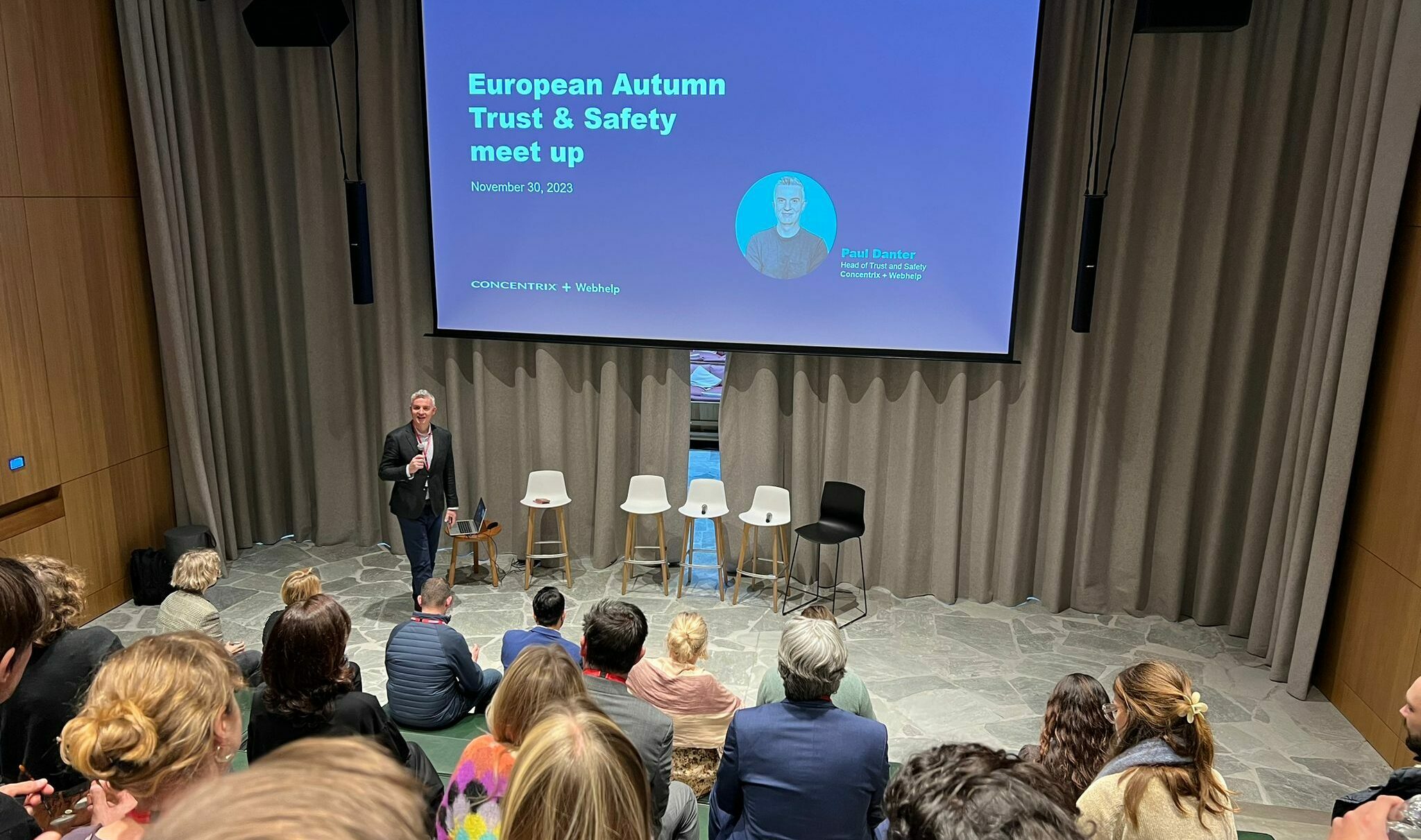Why employers need to do more to support the UK’s young people
There’s a palpable sense of confidence in the economy which was sadly absent during the downturn. From the housing market to manufacturing, indications are good.
However, structural problems remain in the economy both domestically and internationally that threaten to undermine our long term prospects.
I was disappointed, but not surprised to read earlier this week that despite the UK’s return to growth, unemployment among people aged 16-24 remains as high as one in four in many of our towns and cities. According to think-tank, the Work Foundation, even those cities with the lowest levels of unemployment among young people still have a rate of 13%; a third higher than Germany where the national average is 8.6%.
Meanwhile ‘blackspot’ cities Glasgow and Derby, where we employ hundreds of young people, have the 3rd and 18th highest level of youth unemployment at more than 25% and 21% respectively.
The authors of the report called on national and local government to do more to work with educators and businesses alike to improve access to apprenticeships and work placements, and provide more careers guidance to the UK’s young people.
As an employer of more than 6,000 people; many of them within this age bracket, Webhelp UK wholeheartedly supports the grand ambitions of the Work Foundation in its moves to improve the situation for the next generation of the workforce.
However, our experience tells us it’s not enough just to provide more work placements. Increasingly the jobs are there to be filled, but the young people don’t have the necessary skills to fill them.
We’re not talking Maths and English here. The problem is with soft, non-academic skills. Many lack an understanding of interview etiquette, how to write a CV and don’t possess the basic knowledge of the world of work.
They have the ability to make a meaningful contribution to the workplace, they just don’t have the means of articulating this. Measures to address this through placement schemes will not bridge this gap. If someone can’t get through the door, they won’t be able to benefit from learning on the job. Careers advisers in my experience do a sterling job, but their efforts will come to nothing if employers don’t engage with young people at the earliest possible stage.
Through our Customer Experience Academy, Webhelp UK has been able to address these issues among our own candidates. Rather than turning away promising young people who perhaps do not interview well, for more than a year now we’ve been inviting them to complete a five week work skills course. After which we give them a second chance at an interview.
And the results speak for themselves. Since December 2012 more than 270 young candidates have now successfully completed the programme to earn a customer service qualification, with a further 330 places available this year.
A lot of employers will complain about a skills gap, and call on the government to address this, but the only way we’ll make progress on this is if more companies put their money where their mouths are to give young people a chance.
Often it doesn’t take much to get a promising candidate over the line, and in most instances it’s these individuals who blossom when given the chance to enter employment. The UK’s young people are no different to any generation before them. They have what it takes, we just need to give them the opportunity.
By Webhelp UK CEO David Turner. Contact David on LinkedIn with questions or comments on this article and follow him on Twitter to receive regular updates.

![[Fashion] Choosing the right partners to grow your business in 2024, at a time when trust is fragile](https://media.webhelp.com/wp-content/uploads/2023/12/21090253/Office-Showcase-2.png)


